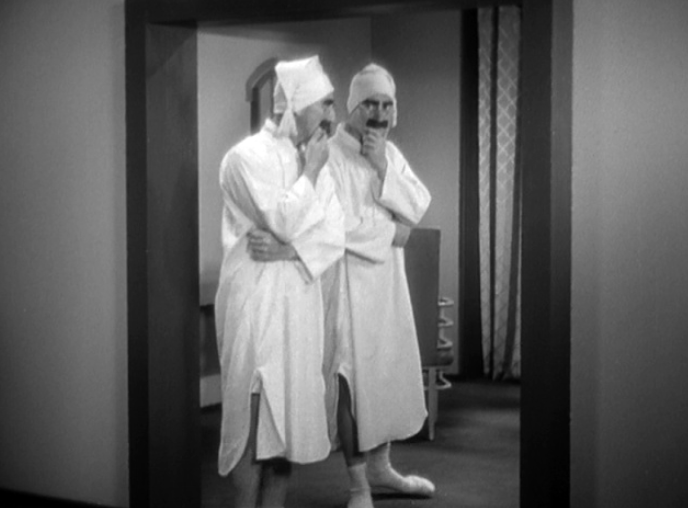Presentation
In language and thought, there are dedicated mechanisms for self-representation. In language, there is the first person, governed by the convention that "I" is used to refer to oneself. In thought, there is no convention or rule, but a self-concept that can be likened to a specific "mental file" whose function, its role in the cognitive economy, is to store the information the subject has about himself.
Is self-representation first and foremost linguistic, as Benveniste thinks? In this lecture, I argue, on the contrary, that the linguistic first person presupposes the mental first person. In order to apply the rule that "I" serves to designate oneself, a user of "I" must represent the individual to whom he refers as himself; he must therefore already have the concept of self.
This theory runs up against an objection of circularity that is very reminiscent of the objection it itself makes to the opposing theory (the one that gives priority to the linguistic first person over the mental first person). This objection is overcome by the fact that the self-concept is itself rooted in what phenomenologists have called pre-reflexive self-consciousness. This is addressed in the lecture from the point of view of the Cartesiancogito, to which several sessions are devoted, and the phenomenon of immunity to misidentification first identified by Wittgenstein.

